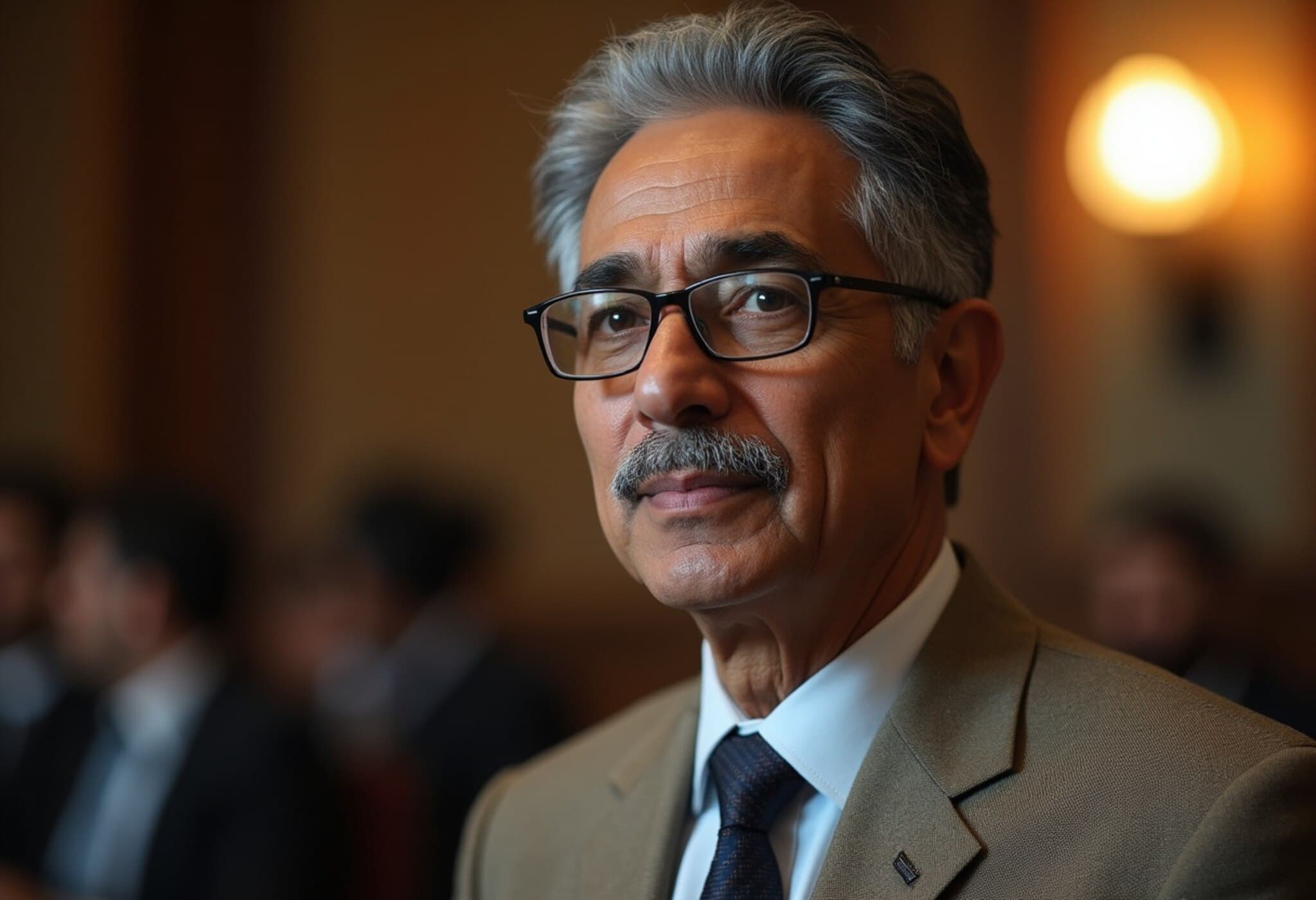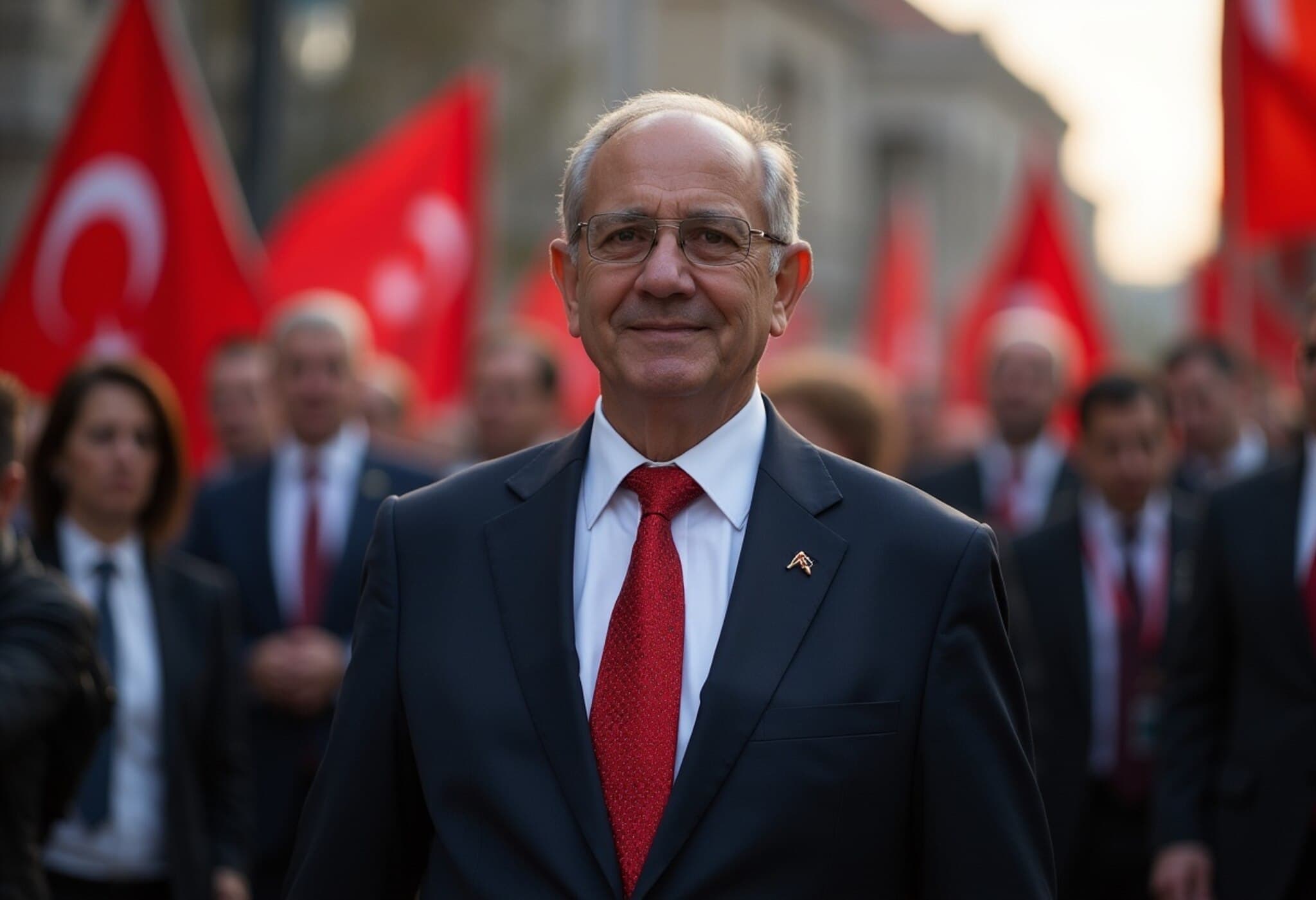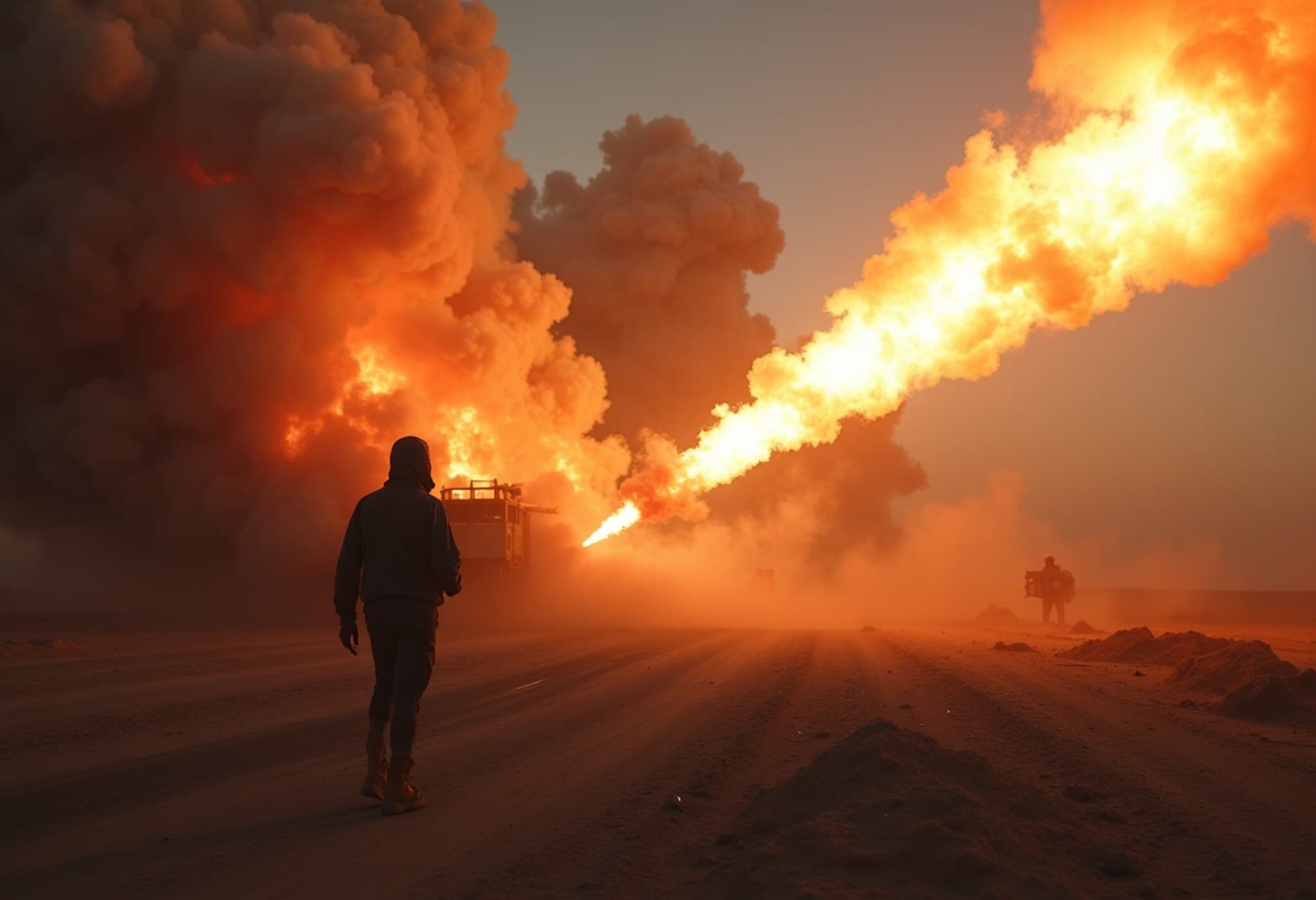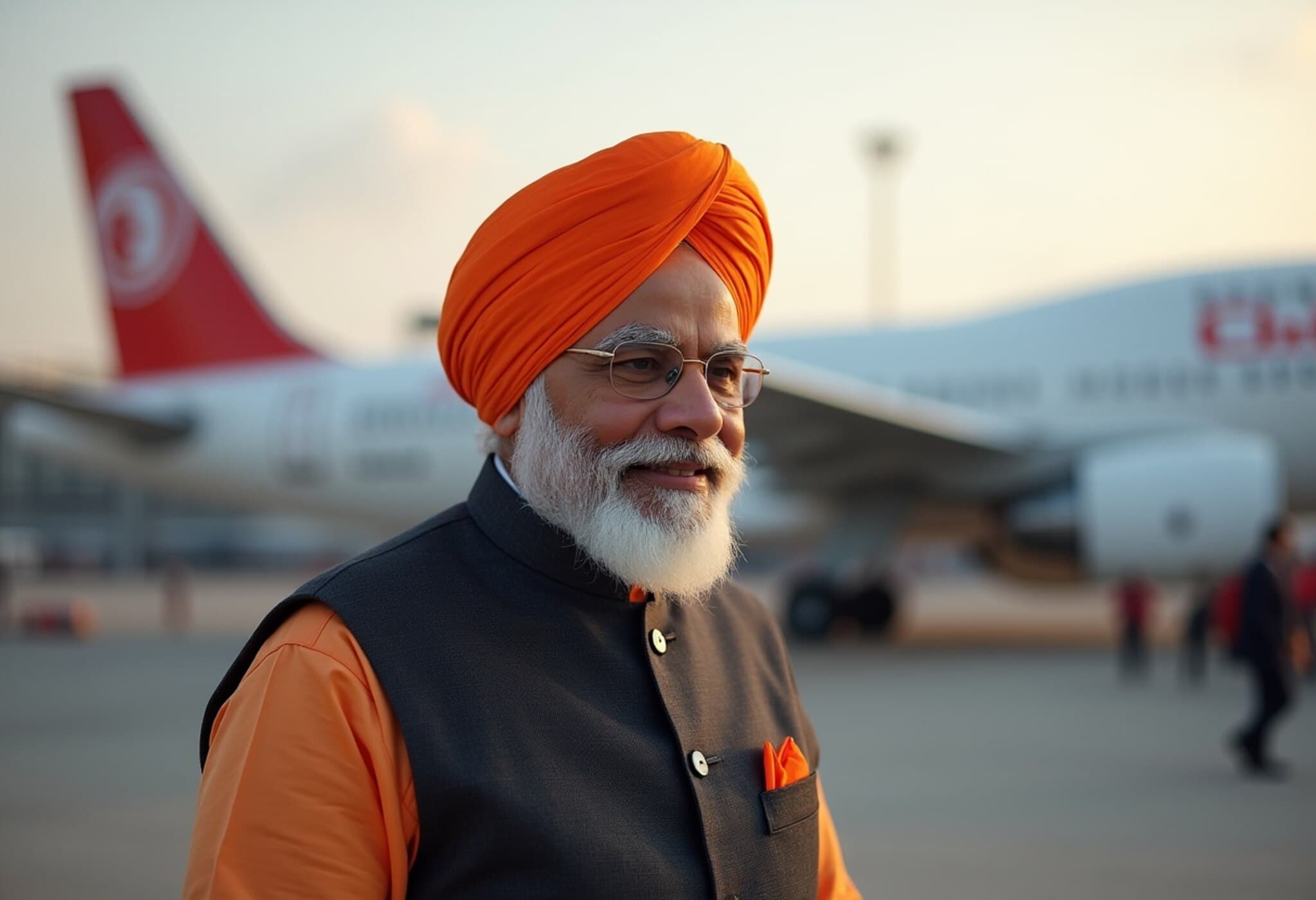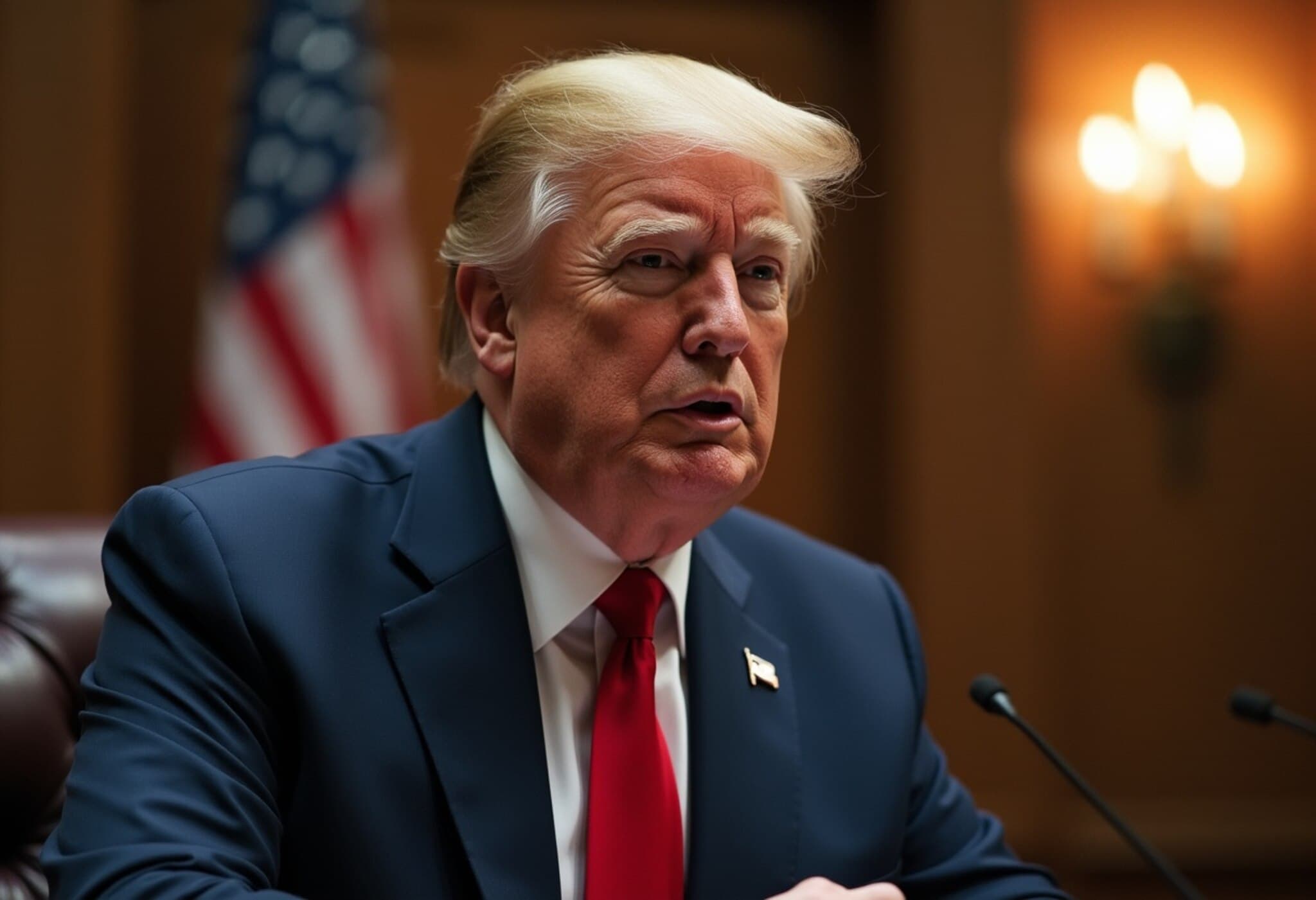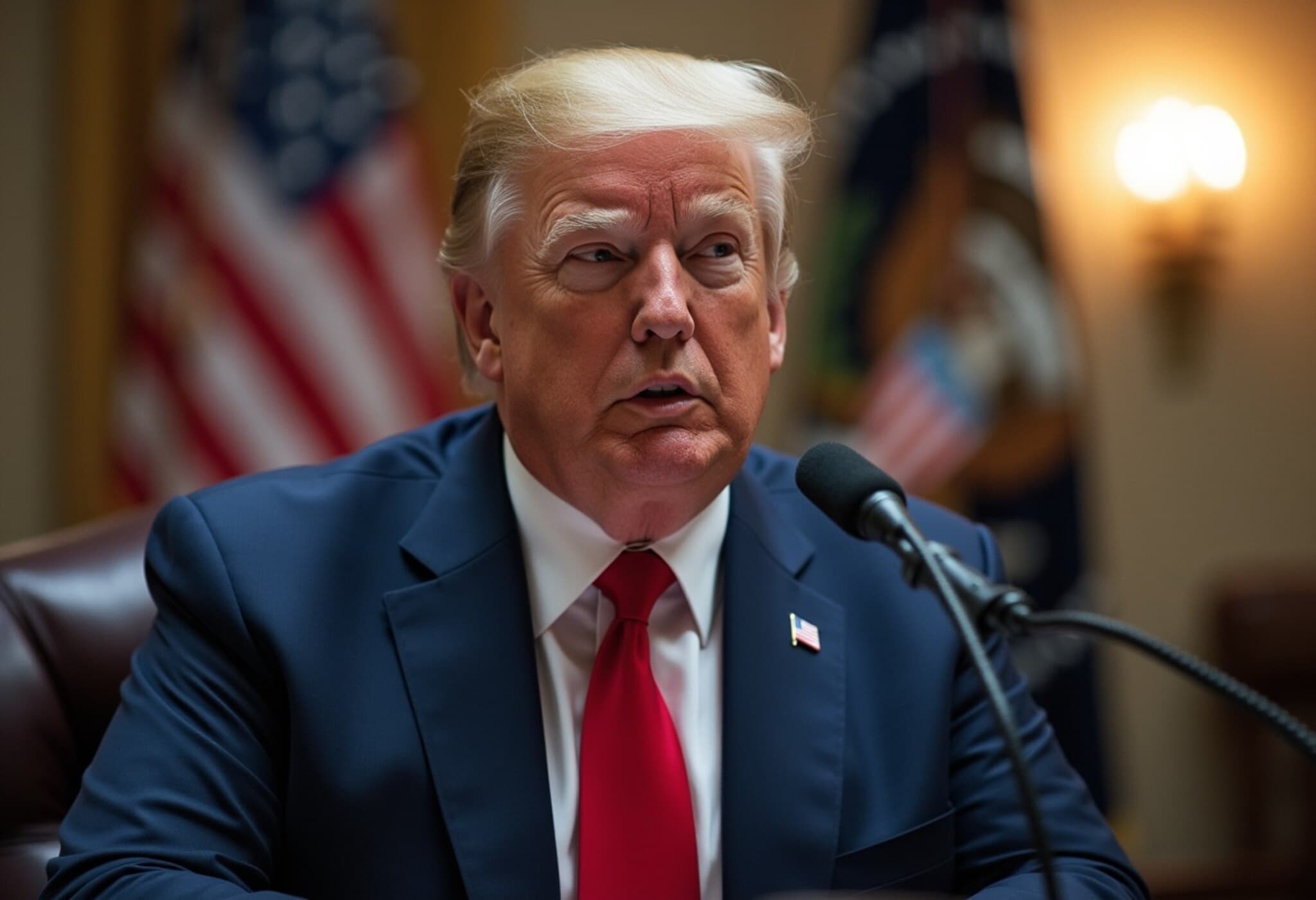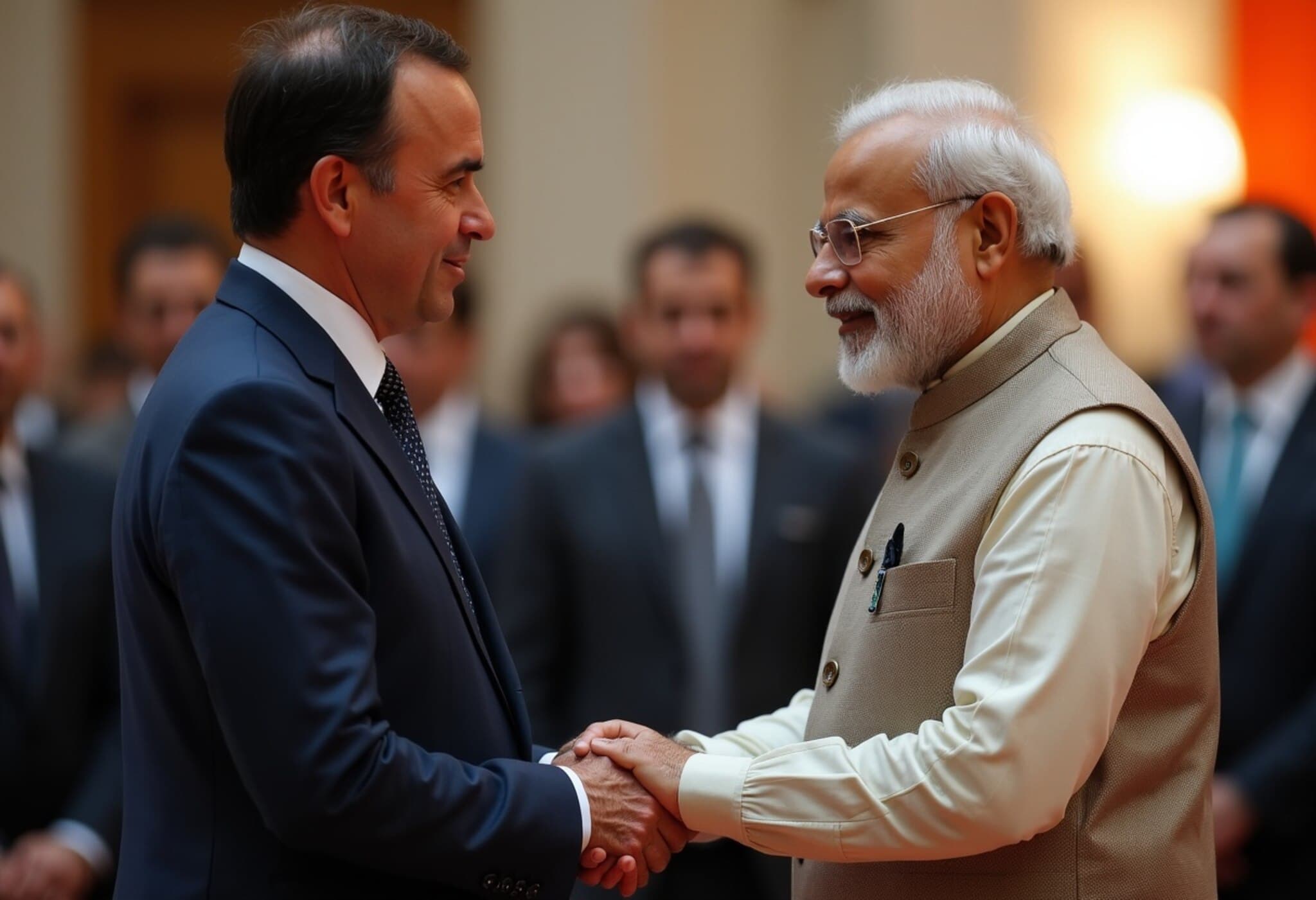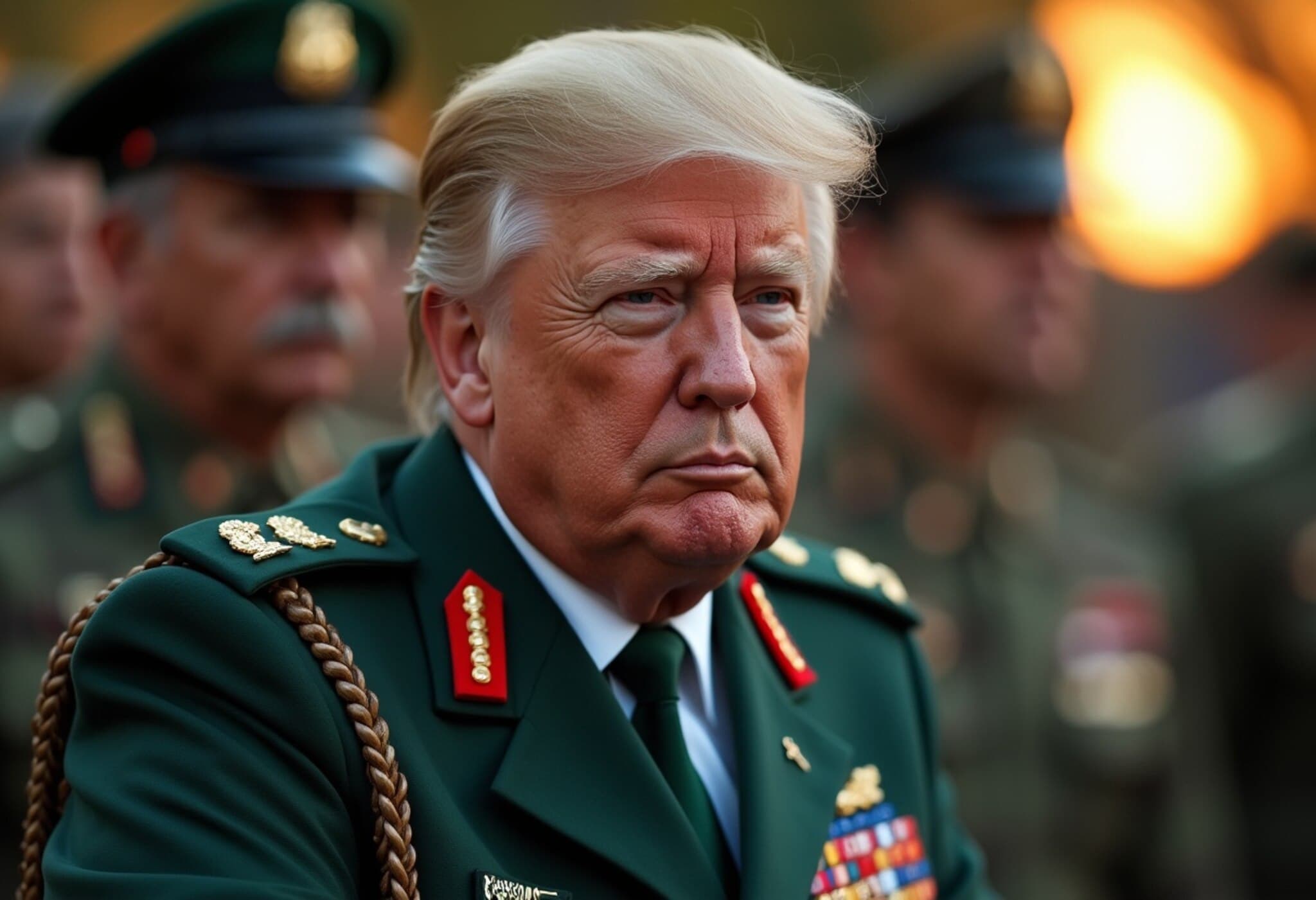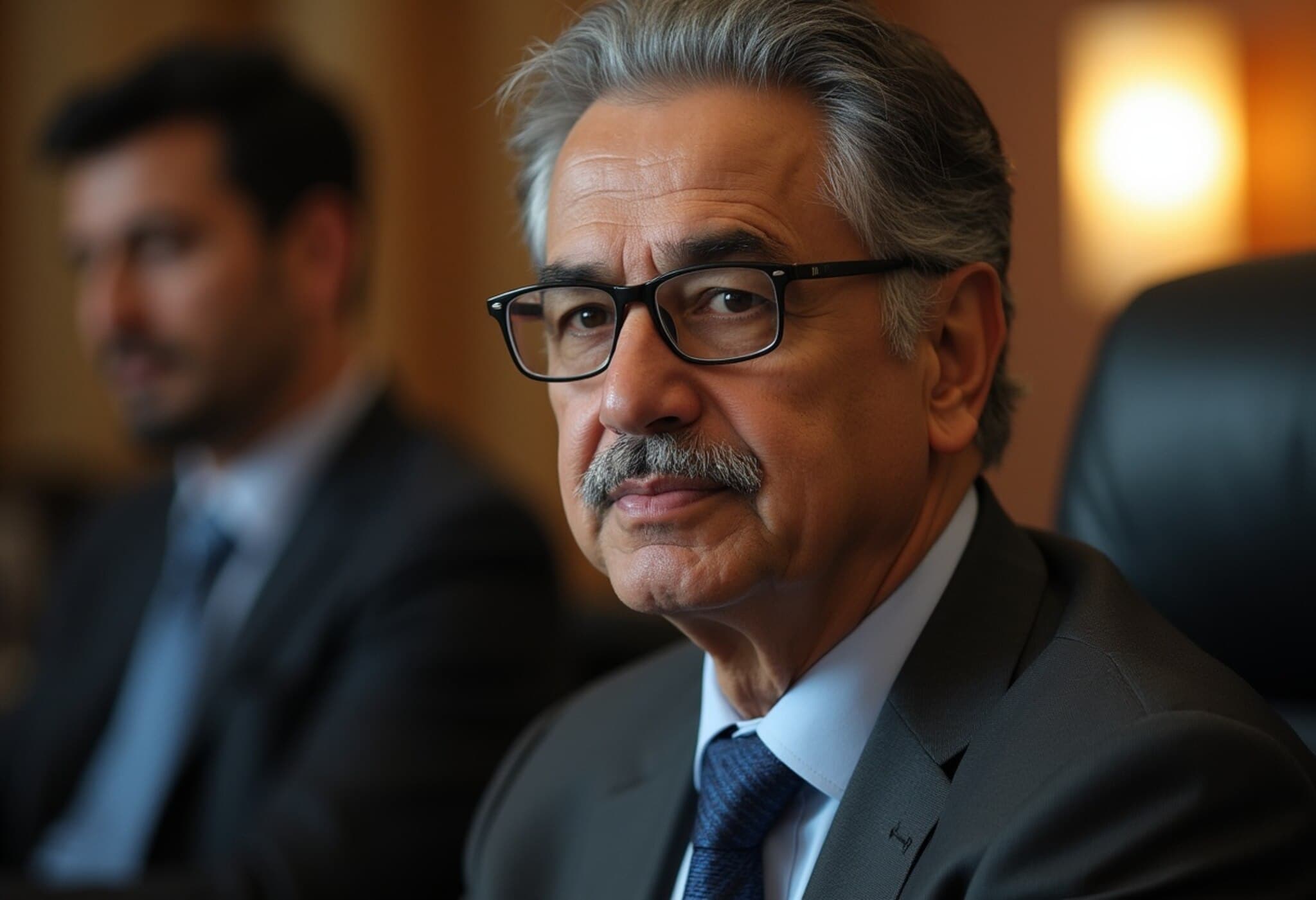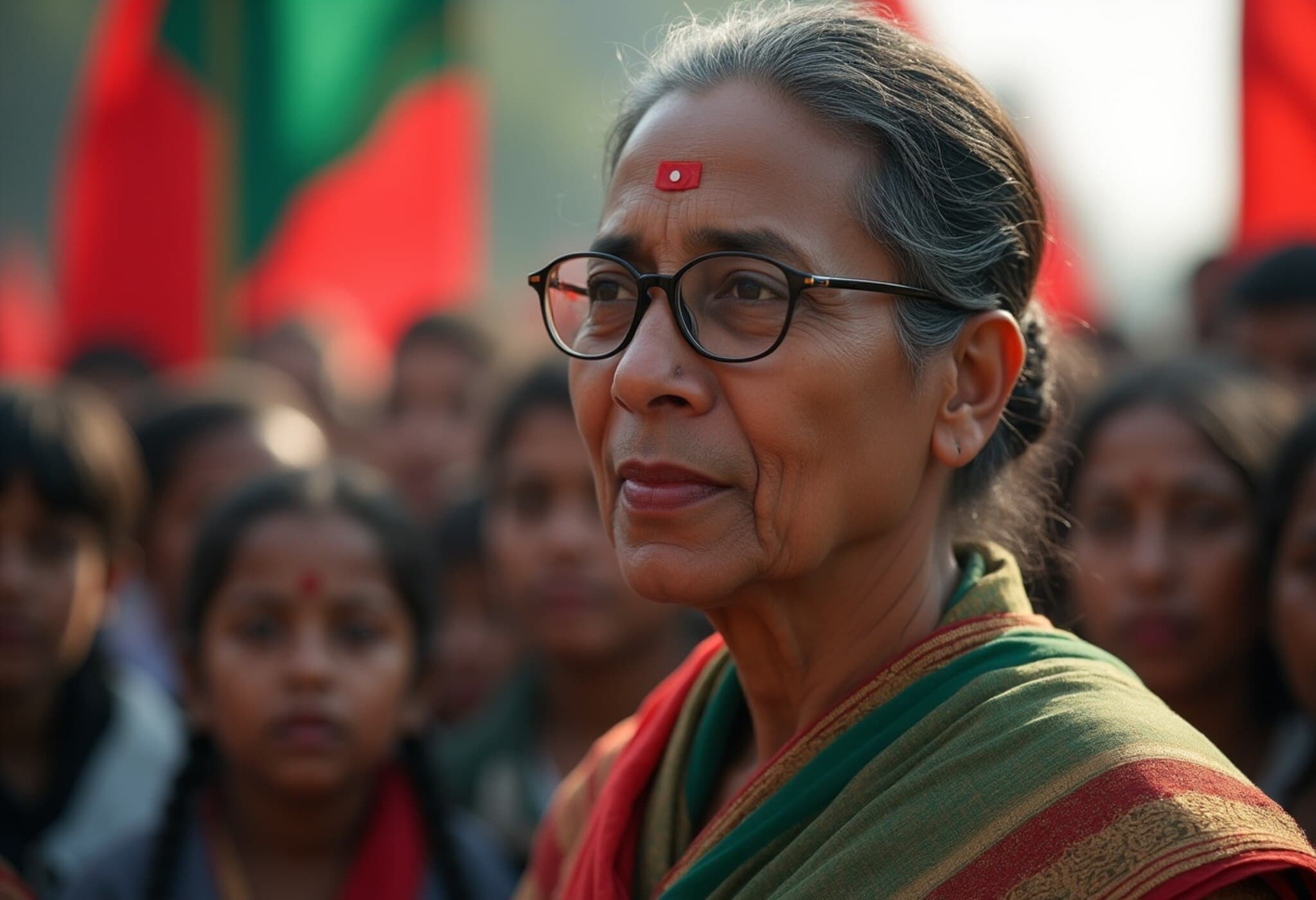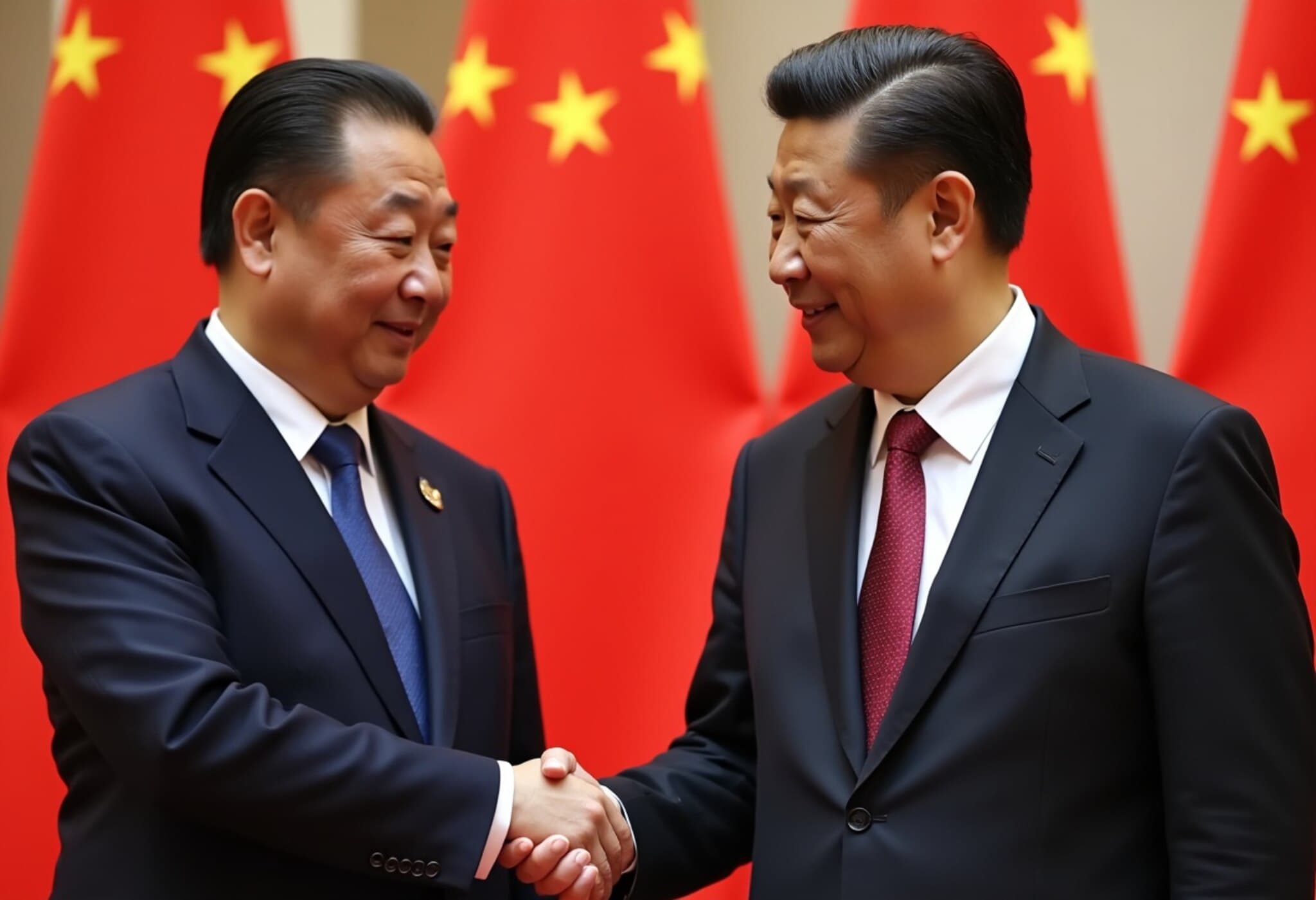Former Bangladesh Chief Justice ABM Khairul Haque Detained Amid Sedition, Forgery Allegations
In a startling development that has sent ripples through Bangladesh’s judicial and political spheres, ABM Khairul Haque, the country’s 19th Chief Justice, was detained by Dhaka police on Thursday in connection with three separate criminal cases, including sedition and forgery.
Background and Circumstances of Detention
Khairul Haque, 81, who served as Chief Justice from 2010 to 2011, was taken into custody at his residence in the Dhanmondi area of Dhaka, according to Dhaka Metropolitan Police Deputy Commissioner Talebur Rahman. The detective branch conducted the arrest as part of ongoing investigations.
"He currently faces charges in three distinct cases. One arrest is expected to be formally recorded before he is produced in court," Rahman told reporters, emphasizing that legal processes are underway.
Controversial Legal History and Political Context
Khairul Haque is best known for a landmark judgment in 2011 which declared Bangladesh’s caretaker government system — a mechanism designed to oversee nonpartisan elections — unconstitutional. This verdict effectively dismantled an electoral safeguard that many argue had ensured free and fair elections since Bangladesh’s return to democracy in the 1990s.
The judgment was met with intense debate: three of the seven Supreme Court judges dissented strongly, signaling a deeply divided judiciary. Haque’s decisive vote nullified the 13th constitutional amendment establishing caretaker governments, stirring questions about the ruling’s long-term impact on Bangladesh’s electoral integrity.
Details of the Charges
- Forgery and fraud: Files allege Haque manipulated the landmark judgment annulling the caretaker government system.
- Sedition: Charges linked to political unrest and alleged subversive activities following the government's ouster in August 2024.
- Corruption-related allegations: Additional accusations of illegal and fraudulent judicial conduct.
These cases were initiated by various lawyers starting August 2024, a period marked by political turbulence after Prime Minister Sheikh Hasina’s Awami League government was toppled by a brutal street protest led by Students Against Discrimination (SAD).
At that time, Haque was chairman of the Law Commission, a position he resigned from shortly after the allegations surfaced.
Expert Analysis: The Broader Implications
Legal scholars warn that the removal of the caretaker system, cemented by Haque’s ruling, has arguably weakened democratic checks and balances in Bangladesh. Without a neutral interim government, elections risk becoming politicized, favoring those in power.
Political analysts highlight that this legal shift likely contributed to Sheikh Hasina’s prolonged tenure by eliminating an impartial mechanism meant to guarantee fairness in electoral contests.
The current sedition and forgery charges raise complex questions about the intersection of law and politics in Bangladesh. Critics wonder whether these legal actions reflect genuine accountability efforts or are politically motivated moves entangling the judiciary in partisan conflicts.
Looking Ahead
As the case develops, the eyes of both national and international observers will be on Bangladesh’s judicial independence and the rule of law. Haque’s detention could set precedents for how former high-ranking legal officials are treated and how politically sensitive rulings are contested in the public arena.
In an era where judicial decisions can alter political landscapes dramatically, this unfolding saga calls for cautious interpretation, balanced with a commitment to justice and democratic principles.
Editor’s Note
The arrest of former Chief Justice Khairul Haque underscores the fragile intersection of law, politics, and democracy in Bangladesh. As the nation grapples with these charges, readers should consider how judicial rulings shape political power and what safeguards are necessary to maintain impartiality in both spheres. The coming months may reveal much about Bangladesh’s evolving democratic resilience and the role of its judiciary.

